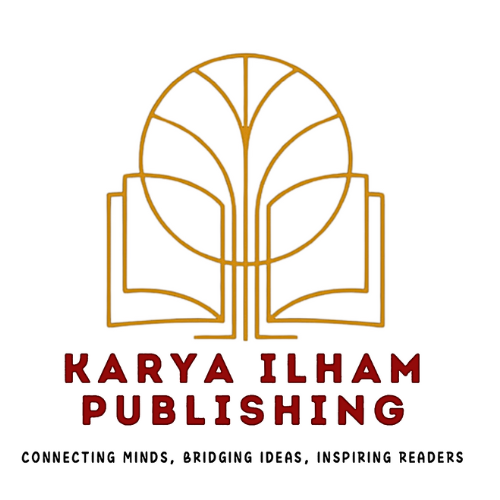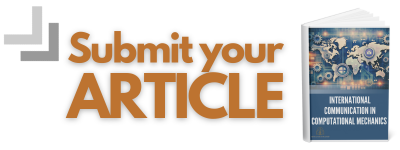Analysis on the Configuration of Four Reaction Wheels on the Attitude Manoeuvring of the Satellite
DOI:
https://doi.org/10.37934/iccm.1.1.4451Keywords:
Satellite attitude, attitude control, reaction wheelsAbstract
Satellites require high precision and speed in their attitude control systems, making the selection of an optimal reaction wheel configuration critical. Given the variety of possible configurations, a comprehensive analysis is necessary to determine the maximum torque each configuration can generate. This thesis explores the optimization of satellite reaction wheel configurations through mathematical modelling and torque analysis. Various configurations were identified through a literature review, and the corresponding equations of motion were developed. The torque generated by the reaction wheels was evaluated at 0.1 Nm² along the z-axis. Three configurations were analysed, with angles α and β representing the rotation and position of the reaction wheels. A custom code was used to calculate the torque for each configuration, and the results were visualized with convex hull plots. The analysis revealed significant differences in torque generation across configurations. The findings emphasize the importance of selecting the most suitable configuration based on specific mission requirements and wheel orientations for optimal satellite performance.











